Undead in the West II
They Just Keep Coming
Edited by Cynthia J. Miller and A. Bowdoin Van Riper

THE SCARECROW PRESS, INC.
Lanham Toronto Plymouth, UK
2013
Published by Scarecrow Press, Inc.
A wholly owned subsidiary of The Rowman & Littlefield Publishing Group, Inc.
4501 Forbes Boulevard, Suite 200, Lanham, Maryland 20706
www.rowman.com
10 Thornbury Road, Plymouth PL6 7PP, United Kingdom
Copyright 2013 by Scarecrow Press
All rights reserved . No part of this book may be reproduced in any form or by any electronic or mechanical means, including information storage and retrieval systems, without written permission from the publisher, except by a reviewer who may quote passages in a review.
British Library Cataloguing in Publication Information Available
Library of Congress Cataloging-in-Publication Data
Undead in the West II : they just keep coming / edited by Cynthia J. Miller, and A. Bowdoin Van Riper.
pages cm
Includes index.
ISBN 978-0-8108-9264-4 (cloth : alk. paper) ISBN 978-0-8108-9265-1 (ebook)
1. Western filmsUnited States. 2. Horror filmsUnited States. 3. American literatureWest (U.S.)History and criticism. 4. Western television programsUnited States. 5. Horror television programsUnited States. 6. Television programsSocial aspectsUnited States. 7. Popular cultureUnited States. I. Miller, Cynthia J., 1958- editor of compilation. II. Van Riper, A. Bowdoin editor of compilation. III. Title: Undead in the West two. IV. Title: Undead in the West 2.
PN1995.9.W4U5315 2013
791.43'6278dc23 2013021030
 The paper used in this publication meets the minimum requirements of American National Standard for Information SciencesPermanence of Paper for Printed Library Materials, ANSI/NISO Z39.48-1992.
The paper used in this publication meets the minimum requirements of American National Standard for Information SciencesPermanence of Paper for Printed Library Materials, ANSI/NISO Z39.48-1992.
Printed in the United States of America.
To all those
whose imaginations are captured
by vast deserts and big skies
for whom the howl of a coyote signals
that something evil this way comes
who know that the Western frontier
has an adventure or two left to offer
and who believe that graveyards
arent always the end of the trail
... and the very earth, in which the dead body of Lazarus was lodged, presently turned him out alive.
The Gospel of Nicodemus XV:18

Foreword: In the BeginningFrederick Fausts Western Fantasies
William F. Nolan
He was born Frederick Schiller Faust but was better known as Max Brand, King of the Pulps. Under this famous pen name (one of at least twenty he used in his fabulous career), Faust became one of the worlds most prolific writers, his work filling the pages of twelve hundred pulp magazines, from Argosy to Western Story. In just twenty-seven yearsfrom 1917 until his death, from a shrapnel wound while serving as a war correspondent on the Italian Front, in May 1944he wrote the equivalent of about four hundred books, some three hundred of which have been published to date.
Although he considered himself a working poet, with classical verse as his primary passion, it was prose fiction that made his reputation. His son-in-law Robert Easton noted, in a book-length study, that Faust was a contemporary of Fitzgerald and Faulkner, Benet and Hemmingway, Wilder and Wolfe, but none of them performed on a more gigantic scale, and probably none reached a larger audience. Faust wrote in every popular genre (his creations included the Dr. Kildare series), but it was as Max Brand that he earned his place alongside Zane Grey as one of the two most celebrated Western novelists of his period: a genius and an artist, in the words of one critic, who set standards of excellence which only infrequently would be reached again in pulp magazine fiction. Along the way, he brought the supernaturaland the undeadto the fictional frontier.
Although he maintained an extensive file of Old West facts to bolster his work, Faust always referred to his Western fictions as fairy tales and had a strong aversion to the true West. Unlike Grey, he had no interest whatsoever in a realistic portrayal of the place or the era. Fausts procedure was just the opposite, noted his son-in-law. His West was abstracted, idealized, and consciously separated from actual details of time and place. We are not told whether the story takes place north or south of the Union Pacific tracks or east or west of the Staked Plain.... We know where we are imaginatively, mythologically. Critic Robert Sampson wrote that Faust invested his characters with an aura of omnipotence once enjoyed only by Greek god-spirits. Without quite knowing what happened, you find yourself in the company of demi-gods, Beowulfs wearing pistols and rough shirts. They materialize in prose glittering with detail, heated by emotion raised to poetic intensity.
Fausts stories, therefore, are much more than ordinary pulp Westerns. They partake of ancient folktales and ballads. In his mythical West, grand deeds are the order of the day. His novels feature an array of truly fabulous characters. Conjurers with gun and fists, more God than man, they recallconsciously and specificallythe godlike heroes of legend: Odysseus and Theseus, Cuchulain and King Arthur. Men in chaps and women in gingham were united with gods and goddesses in situations nearly as old as mankind, Easton wrote of his subject. Faust introduced old world myth into the new world West. Thiswith his poetic approachis his unique contribution to the Western story. In a sense, much of Fausts Western fiction falls into the realm of fantasy, as his mythic characters perform truly incredible deeds that seem beyond the scope of mortal men. Because of his remarkable style, Faust convinces the reader that such feats are indeed possible. The reader accepts these actions, held by the thrall of Fausts tactile writing.
The majority of Faust stories contain no outright fantasy, but from time to time in the early years of his career, his fictional landscape explored a variety of dark horizons. The Untamed his first book, serialized in the pulps in 1918 and published the following year by Putnamsand its two sequel novels, The Night Horseman (1920) and The Seventh Man (1921), feature an amazing protagonist known as Whistling Dan Barry, whose home is the timeless, trackless wastes of the high desert and who is something more than a deadly gunfighter. Sampson notes that Barry is only outwardly human. He is feral, a wild thing, part man, part nature-demon, a vital force risen from the high deserts that has clothed itself in a human body. His closest friends are animal: Black Bart, part dog, mostly wolf, a ferocious killer, huge and powerful, recognizing only Barrys authorityand Satan, a great-hearted stallion taken from a wild herd, entirely vicious, dangerous to all but his master.
The strange whistling that gives Barry his nickname echoes the pipes of Pan, and, indeed, he is a clearly meant as a reincarnation of the legendary god whoin the ancient Greek mythosembodied the very wildness traditionally associated with the West. Barrys time on Earth, as befits a god, is temporary; his true home is elsewhere. He is simply too untamed to live among ordinary people. At the end of The Seventh Man , he takes his young daughter into the wild, and his wife, Kate, is forced to shoot him to save the child from such a savage life. Darrell Richardson observes, Though Dan Barry dies at the end of The Seventh Man , it would be more accurate to say that his exile on the alien earth is finished, and he has departed to resume his place with the gods.
Next page
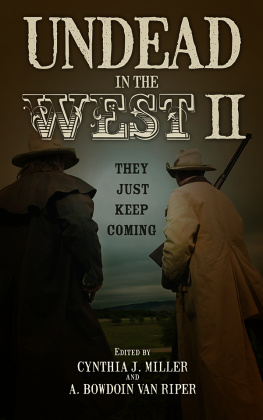
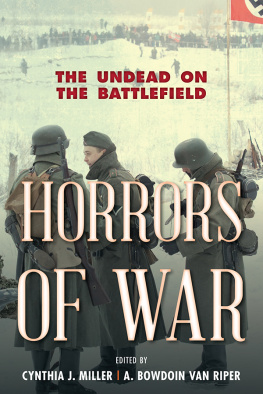
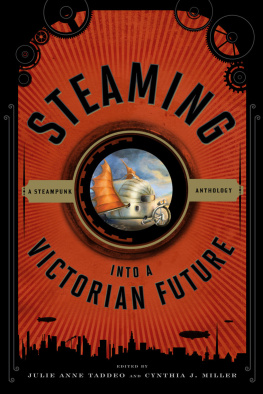
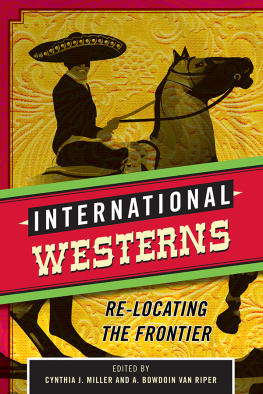



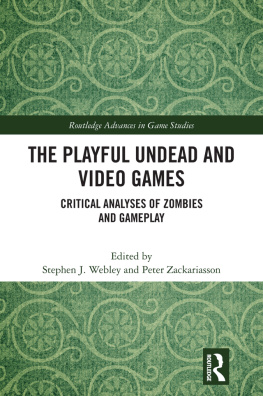

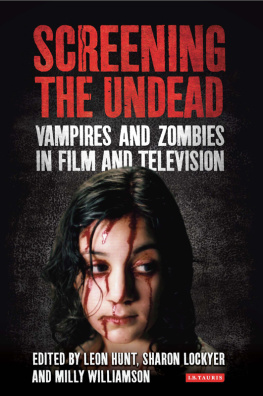
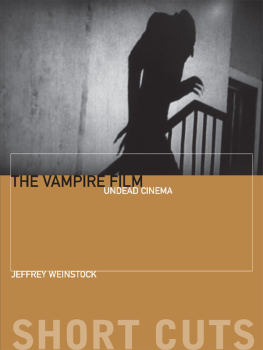

 The paper used in this publication meets the minimum requirements of American National Standard for Information SciencesPermanence of Paper for Printed Library Materials, ANSI/NISO Z39.48-1992.
The paper used in this publication meets the minimum requirements of American National Standard for Information SciencesPermanence of Paper for Printed Library Materials, ANSI/NISO Z39.48-1992.